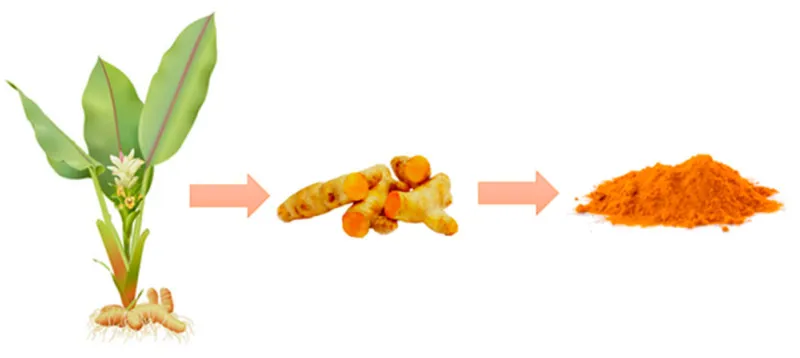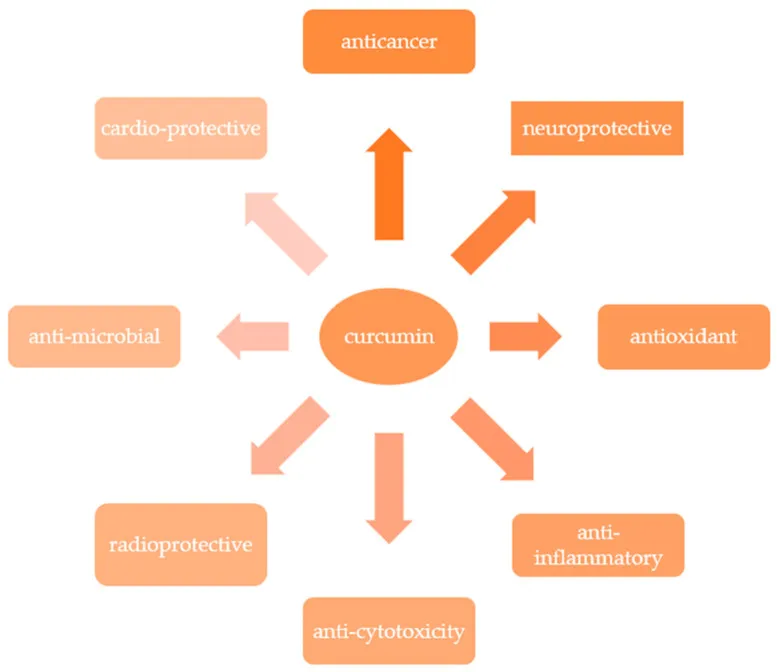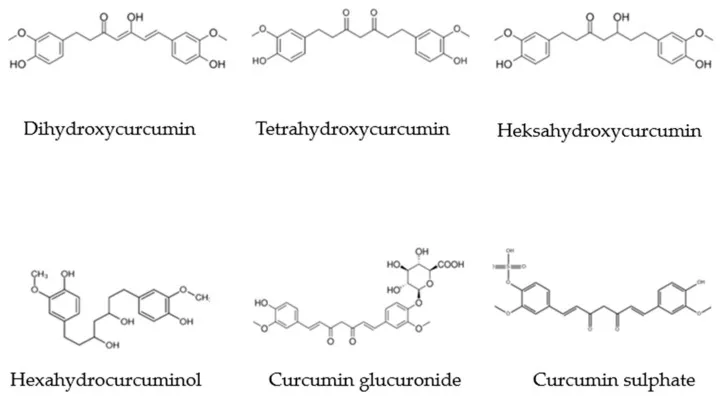Canine arthritis, also known as osteoarthritis, is a debilitating condition that affects millions of dogs, causing chronic pain, stiffness, and reduced mobility. It significantly impacts a dog’s quality of life, leading many pet owners to seek effective solutions beyond traditional medications. While conventional veterinary treatments play a crucial role, there’s growing interest in natural remedies to complement existing therapies and improve long-term comfort. One such remedy that has garnered significant attention for its potential anti-inflammatory properties is turmeric, a golden spice whose active compound, curcumin, offers promising benefits for our canine companions battling joint pain.
The journey to finding relief for an arthritic dog often involves exploring various avenues, from dietary adjustments to specialized supplements. Understanding the science behind these options is key to making informed decisions for your pet’s health. For pet parents exploring natural dietary additions, considering foods good for arthritis in dogs is an excellent starting point, as proper nutrition forms the bedrock of managing chronic conditions.
Understanding Canine Osteoarthritis
Osteoarthritis in dogs is a degenerative joint disease characterized by the progressive deterioration of joint cartilage, leading to pain, inflammation, and reduced range of motion. It is a leading cause of euthanasia in canines, highlighting the severe impact it has on their well-being. The primary symptoms include lameness, reluctance to move, difficulty rising, a decrease in activity level, and observable pain during manipulation of affected joints. This condition can affect dogs of all ages, breeds, and sizes, though it is more common in older, larger breeds.
The current challenge in treating canine osteoarthritis lies in finding safe and effective long-term solutions that manage pain and inflammation without significant side effects. Traditional treatments often include non-steroidal anti-inflammatory drugs (NSAIDs) and other pain medications, which can be effective but may carry risks with prolonged use. This drives the search for complementary therapies that can enhance comfort and slow disease progression.
The Power of Turmeric and Curcumin
Turmeric (Curcuma longa L.), a vibrant yellow spice widely used in Asian cuisine and traditional medicine, belongs to the ginger family (Zingiberaceae). Its remarkable health-promoting properties are primarily attributed to a group of active compounds known as curcuminoids, with curcumin (diferuloylmethane) being the most abundant and biologically significant. These compounds are responsible for turmeric’s characteristic color and its potent therapeutic effects.
Curcuminoids are celebrated globally as functional food components due to their diverse health benefits. Extensive research has highlighted their powerful anti-inflammatory, antioxidant, antiproliferative, and antimicrobial properties. These attributes make turmeric a subject of intense scientific interest, not just for human health but also for veterinary applications, particularly in managing inflammatory conditions like arthritis in dogs.
 Turmeric plant, its rhizome, and the spice form.
Turmeric plant, its rhizome, and the spice form.
How Turmeric Helps Dogs with Arthritis
The anti-inflammatory and antioxidant properties of turmeric, particularly curcumin, make it a promising natural supplement for dogs suffering from arthritis. The core problem in osteoarthritis is chronic inflammation within the joints, which turmeric aims to mitigate.
Reducing Inflammation and Pain
Studies have shown that curcumin can effectively alleviate experimentally induced paw swelling and inflammatory cell infiltration in animal models. It also helps reduce sensitivity to painful stimuli. For dogs with osteoarthritis, this translates to reduced joint discomfort and a better quality of life. In one significant study, a dietary supplement containing palmitoyl glucosamine co-micronized with curcumin was found to protect articular cartilage from degradation and effectively counteract neuropathic pain in an osteoarthritis model, restoring locomotor function by 45%. This co-micronized formula is designed to improve the absorption rate of both substances, a crucial factor given curcumin’s typically low bioavailability.
Another randomized, double-blind, placebo-controlled study evaluated the efficacy of a diet enriched with a mixture of curcuminoid extract, hydrolyzed collagen, and green tea extract (COT) in arthritic dogs. The results indicated a significant reduction in pain during joint manipulation in the COT group. Pet caregivers also observed that pain intensity worsened in the control group but remained stable in the COT group, with a marked improvement in the ability of dogs to get up from a supine position in the COT group. These findings underscore the potential of curcumin in a multi-ingredient approach to managing canine arthritis. Similar benefits have been observed with supplementation combining green-lipped mussel extract, curcumin, and blackcurrant leaves, which significantly improved the severity of the disease in dogs with OA. For more insights into comprehensive joint care, exploring magnesium oil for dog arthritis can provide additional perspectives on complementary treatments.
Protecting Joint Cartilage
Beyond pain relief, turmeric’s antioxidant capabilities play a vital role in protecting joint structures. Oxidative stress contributes to the degradation of cartilage in arthritic joints. Curcumin, as a potent antioxidant, helps neutralize harmful free radicals, thereby reducing oxidative damage and potentially slowing down the progression of cartilage degeneration. This protective effect on articular cartilage is a key mechanism by which turmeric supports long-term joint health. The anti-inflammatory actions also help to reduce the destructive cycle of inflammation that further damages cartilage over time.
Improving Mobility and Quality of Life
Ultimately, the goal of any arthritis treatment is to improve the dog’s mobility and overall quality of life. By reducing pain and inflammation and protecting joint cartilage, turmeric can contribute to better joint function. Dogs may experience increased willingness to play, walk, and engage in daily activities that were once painful. The ability to move more freely and comfortably allows dogs to maintain muscle mass and activity levels, which are essential for managing arthritis in the long run. Incorporating turmeric as part of a holistic diet for dogs with arthritis can make a noticeable difference in their daily comfort.
 Figure showing the selected health properties of curcumin, including anti-inflammatory, anticancer, and antioxidant effects.
Figure showing the selected health properties of curcumin, including anti-inflammatory, anticancer, and antioxidant effects.
Dosage and Administration of Turmeric for Dogs
While turmeric offers numerous benefits, its efficacy in dogs is heavily influenced by its bioavailability—the extent to which the active compounds, particularly curcumin, are absorbed into the bloodstream and reach their target sites. Curcumin has inherently low bioavailability due to its poor water solubility, rapid metabolism, and instability in alkaline pH environments.
Importance of Bioavailability
To maximize the therapeutic effects of turmeric, enhancing curcumin’s bioavailability is crucial. Several strategies can help:
- Combining with Fat: Curcumin is fat-soluble, so administering it with a fatty meal or a healthy oil (like coconut oil or olive oil) can significantly improve its absorption.
- Piperine: Piperine, an active compound found in black pepper, is a known bioavailability enhancer. It inhibits metabolic enzymes in the liver and intestines that break down curcumin, leading to a several-fold increase in absorption.
- Nanoformulations and Liposomes: Advanced formulations, such as nanoparticles and liposome-encapsulated curcumin, have been developed to overcome solubility issues and improve absorption and stability. These specialized products are designed for superior delivery of curcumin to target tissues.
Forms of Turmeric
Turmeric is available in various forms suitable for dogs:
- Powder: Ground turmeric powder can be added to your dog’s food. Ensure it’s culinary-grade turmeric.
- Golden Paste: A popular homemade remedy, golden paste combines turmeric powder with black pepper and a healthy fat (e.g., coconut oil) to improve absorption. This paste can be easily mixed into your dog’s meals.
- Supplements: Commercial curcumin supplements specifically formulated for pets often utilize advanced delivery systems to enhance bioavailability. These usually come in capsule or chewable forms.
Consulting Your Vet
Before introducing any new supplement, especially for a condition like arthritis, it is essential to consult with your veterinarian. They can help determine the appropriate dosage for your dog based on their size, weight, and the severity of their condition, as well as ensure there are no potential interactions with existing medications. Your vet can also guide you on the best form of turmeric and advise on reputable brands if you opt for commercial supplements. For more information on dietary management, consider checking resources on foods to help dogs with arthritis.
 A diagram showing the chemical structure of curcumin.
A diagram showing the chemical structure of curcumin.
Potential Side Effects and Considerations
While generally considered safe, especially at recommended dosages, turmeric and curcumin can cause side effects, particularly when given in high doses. Awareness of these potential issues is vital for responsible pet care.
Gastrointestinal Issues
The most commonly reported side effects in both humans and animals are related to gastrointestinal problems. These can include nausea, diarrhea, and abdominal pain. For most dogs, these effects are mild and transient, but they can be more severe in individuals with pre-existing conditions such as ulcers. It’s always best to start with a low dose and gradually increase it while monitoring your dog for any adverse reactions.
Iron Chelation
Curcumin has the ability to complex with metals, mainly iron. While this property is being studied for its potential in certain therapeutic approaches, long-term consumption of high doses could theoretically lead to iron deficiency or anemia. This is a consideration, especially for dogs with pre-existing iron imbalances or those on specific medications.
Interactions with Medications
Curcumin can interact with various proteins and enzymatic pathways, which may lead to both pharmacological benefits and unwanted side effects. It might affect the efficacy of certain medications, including blood thinners, antacids, and drugs metabolized by the liver. For instance, curcumin can inhibit the activity of metabolic enzymes, which could alter the processing of other drugs. This makes veterinary consultation even more critical if your dog is on any prescription medications.
Quality and Purity Concerns
The quality of turmeric products can vary significantly. Ground spices, including turmeric, are sometimes adulterated with artificial colors, starch, chalk powder, or other substances to enhance their appearance or for economic gain. Furthermore, turmeric can be contaminated with heavy metals like lead or mycotoxins such as aflatoxins, which pose significant health risks if consumed over time. Choosing high-quality, reputable brands that provide third-party testing for purity and contaminants is essential to ensure you are giving your dog a safe product. While the link to pancreatitis is not direct for turmeric, ensuring overall digestive health is crucial, especially when considering a specialized diet for dogs with pancreatitis.
 A diagram illustrating the chemical structures of the main metabolites of curcumin.
A diagram illustrating the chemical structures of the main metabolites of curcumin.
Conclusion
Turmeric, through its active compound curcumin, presents a compelling natural option for supporting dogs with arthritis. Its well-documented anti-inflammatory and antioxidant properties can significantly help in managing pain, reducing inflammation, protecting joint cartilage, and ultimately enhancing the mobility and quality of life for arthritic dogs. However, its effectiveness is highly dependent on proper dosage and methods to improve its low bioavailability, such as combining it with fat or piperine.
While the benefits are promising, it is crucial for pet owners to approach turmeric supplementation with caution. Potential side effects, particularly gastrointestinal issues and the risk of interactions with other medications, necessitate a thorough discussion with your veterinarian. Ensuring the use of high-quality, unadulterated turmeric products is also paramount to avoid harmful contaminants. As research continues to uncover the full potential and nuances of turmeric for canine health, it remains a valuable tool in the holistic management of canine osteoarthritis, provided it is used thoughtfully and under professional guidance. Always prioritize your veterinarian’s advice to tailor the best care plan for your beloved companion.
